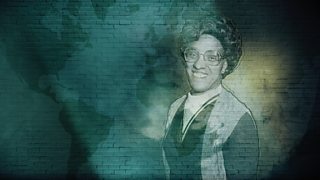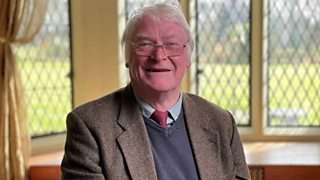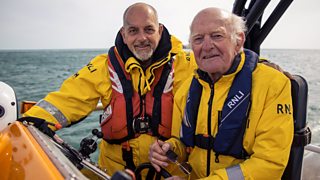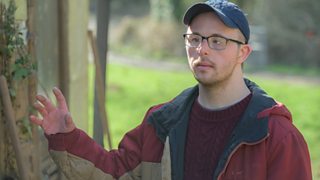The headteacher who helped create Black History Month
21 October 2021
Betty Campbell was born and raised in Butetown, Cardiff. As a working-class black woman, she overcame barriers and prejudice throughout her life. One pivotal moment happened while she was at grammar school and, asked to decide her O-Level subjects, she made her career ambitions known.
“I went down to the headmistress and told her that I wanted to be a teacher. And she said: ‘Oh, get the idea out of your head right away. You’d have insurmountable problems’.”

Cerys Matthews presents the story Betty Campbell
Told she could never achieve her ambitions, Betty proved her doubters wrong.
Being told she would never realise her dream made Betty Campbell all the more determined. She did achieve her ambition of becoming a teacher and, in 1973, made history as Wales’ first black headteacher.
Passionate about championing diversity within Wales and beyond, she pioneered an inclusive approach to education, including devising her own multicultural curriculum, which included writing her own books. Later, she would go on to be among the founders of Black History Month in the UK.
“The thing is that in schools, you never had anything about black people or black history, so that was what I tried to introduce with my children”, Betty Campbell said of her pioneering approach.
Her trailblazing work in education drew the attention of many, including Prince Charles who visited Mount Stuart School while she was headteacher. Nelson Mandela sought Betty Campbell out on his only visit to Wales, keen to thank her and her pupils for writing to him while in prison. While Betty Campbell impressed many herself, she also had her own heroes and her own dreams for the future.
“Like Martin Luther King, I too have a dream”, she explained. “That all the children of Butetown will live in a world free from pollution, free from racism and full of opportunities. And I am sure that this dream is held by everyone for all children.”
In 1977, Betty Campbell was awarded the MBE for services to education and the community. She lived in Butetown throughout her life until her death in 2017. Two years later, she was chosen by the people of Wales to be the first named Welsh woman to be immortalised in a bronze public statue, ensuring her legacy lives on. The decision came following a vote, in which the public were asked to choose their Hidden Heroine from a shortlist of 5 inspirational, ground-breaking Welsh women.
The statue, by sculptor Eve Shepherd, was unveiled in the heart of the Welsh capital in front of a crowd of family, friends, supporters and pupils from Mount Stuart Primary School, where Betty Campbell had been headteacher.
“I’m just blown away”, said Betty Campbell’s son Simon. “It’s fantastic. There’s so much attention to detail within the statue. It’s just amazing and it actually captures her; you just look at it and you see Betty.”

















